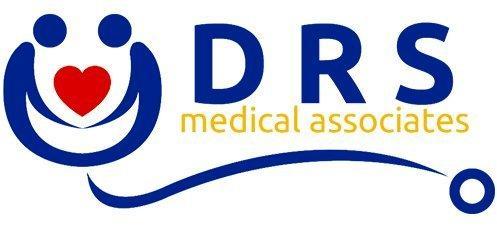
Commercial ear piercings can lead to infection or allergic reactions that could land you in the hospital or with permanent disfigurements. The only truly hypo-allergenic way to get your ears pierced is through medical ear piercing, which includes 100% nickel free earrings. Dr. Ray Santos and Dr. Ritu Sharma oversee the procedure for anyone living in the area of Jersey City, New Jersey, at their practice, DRS Medical Associates.
Why should I choose medical ear piercing?
Although it’s a common procedure and not always done in a doctor’s office, ear piercing is a medical procedure that requires certain standards.
You can rest assured when you know the ear piercing is performed in a professional, clean, and safe environment.
At DRS Medical Associates the staff sterilizes the equipment between piercings and the prepackaged, nickel-free studs are less likely to cause irritation than other metals.
How old should you be to have your ears pierced?
Medical ear piercing is safe for anyone at least 4 months old. You should assist children with aftercare to prevent infection.
At 4 months, your child has had at least her initial set of vaccinations and the earlobe is large enough for accurate earring placement.
How do you care for ears after a piercing?
Take care to clean your hands before touching newly pierced ears; your hands can carry bacteria that may lead to infection. Keep the starter earrings in for at least 6 weeks, including overnight, to ensure that the hole doesn’t close. Wash the pierced ears with soap and water at least once per day and gently rotate the earrings around in the hole several times during the day. Using a cotton ball, apply rubbing alcohol to the pierced region of the ear twice per day, too.
These strategies help you avoid infection and keep the holes open.
Why is wearing nickel-free earrings important?
Nickel is one of the most common skin allergies. Many earrings that claim to be gold or another metal still contain some nickel in the compound.
What are the signs of infection?
An earlobe that is puffy, reddened, or sore to the touch may be infected. If the earring gets stuck, you start to run a fever, or you see a yellow ooze coming from the piercing hole, consult the doctor’s office immediately. If a pierced ear does get infected, it’ll usually clear up in a week or two with proper care and oral or topical antibiotics.
